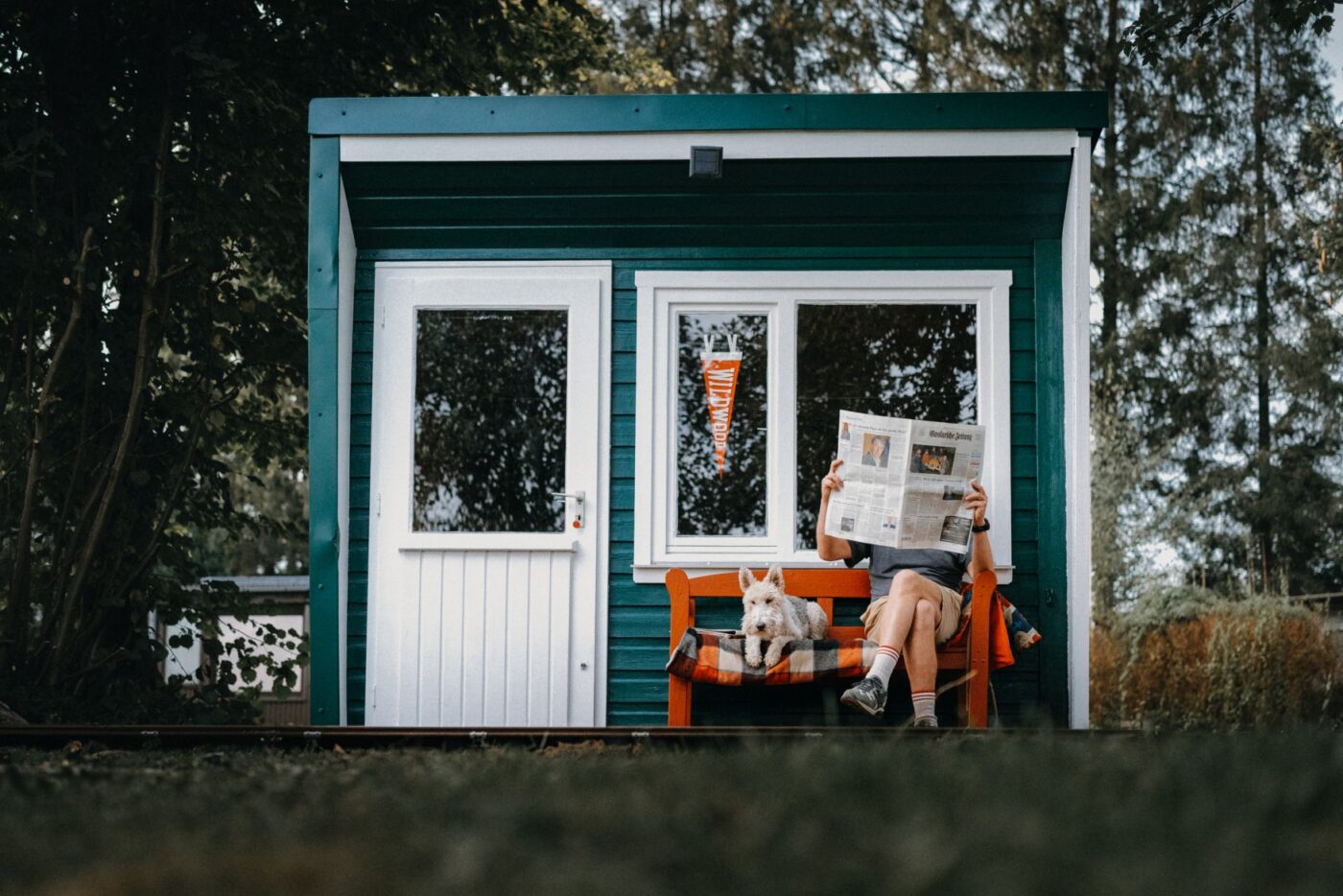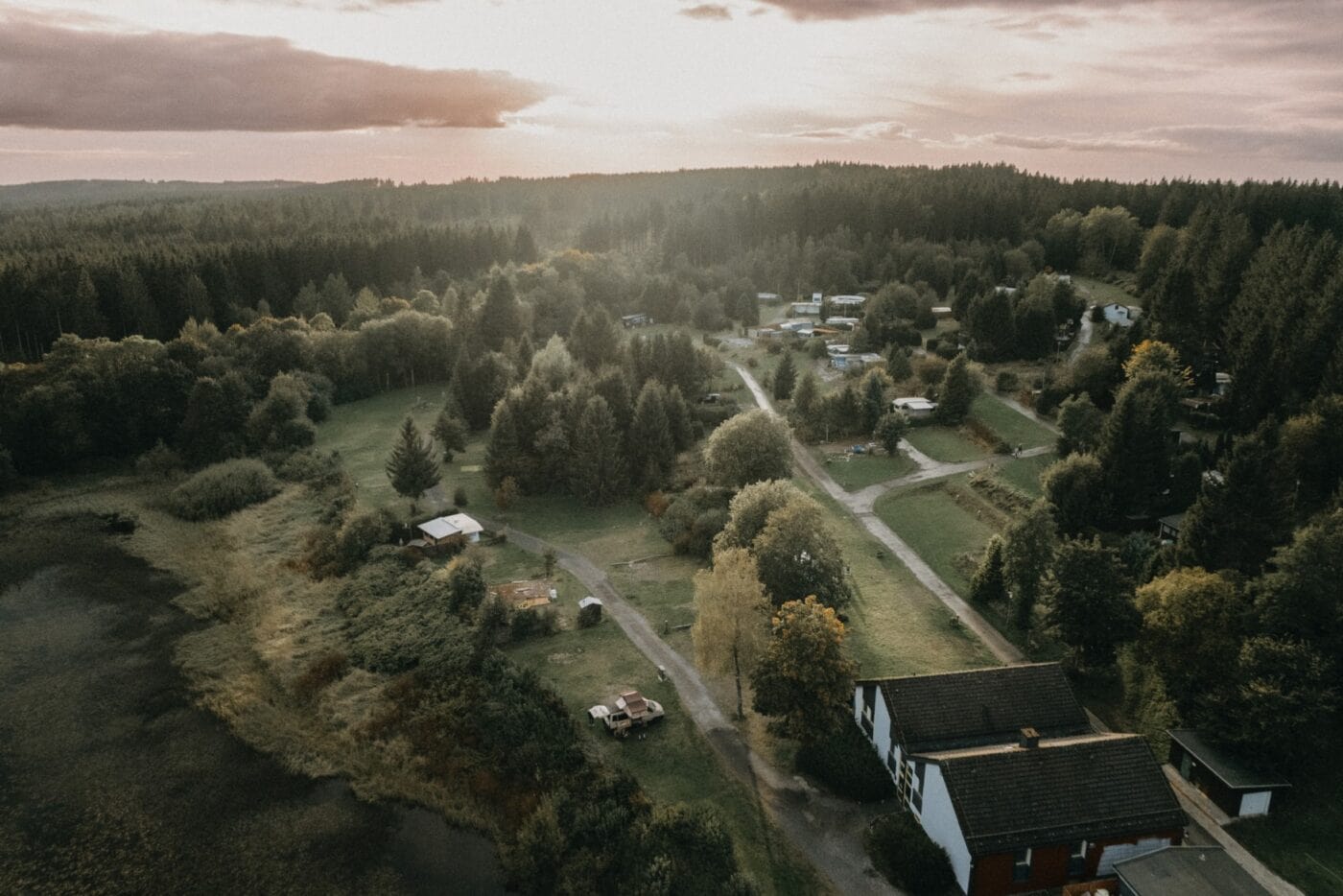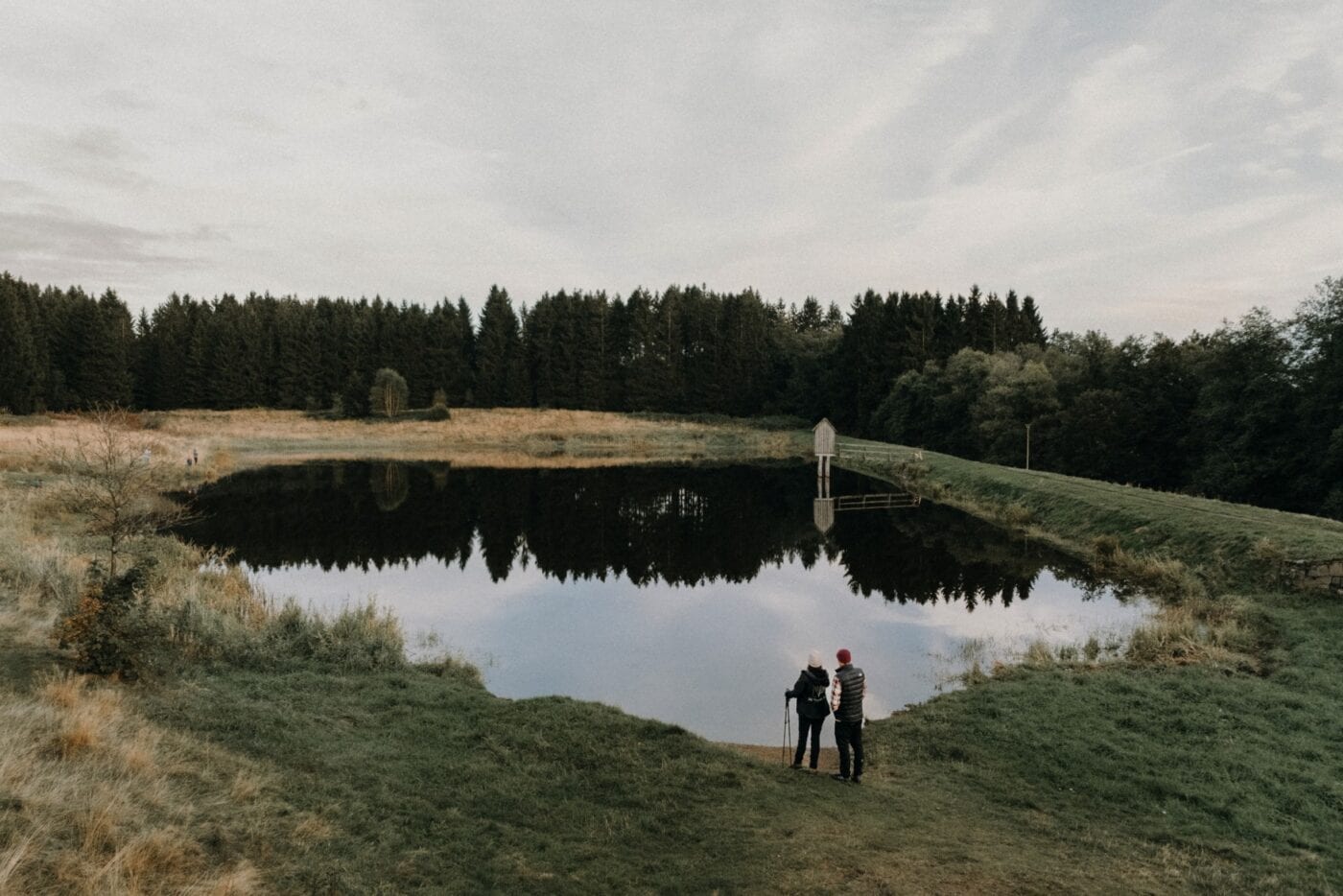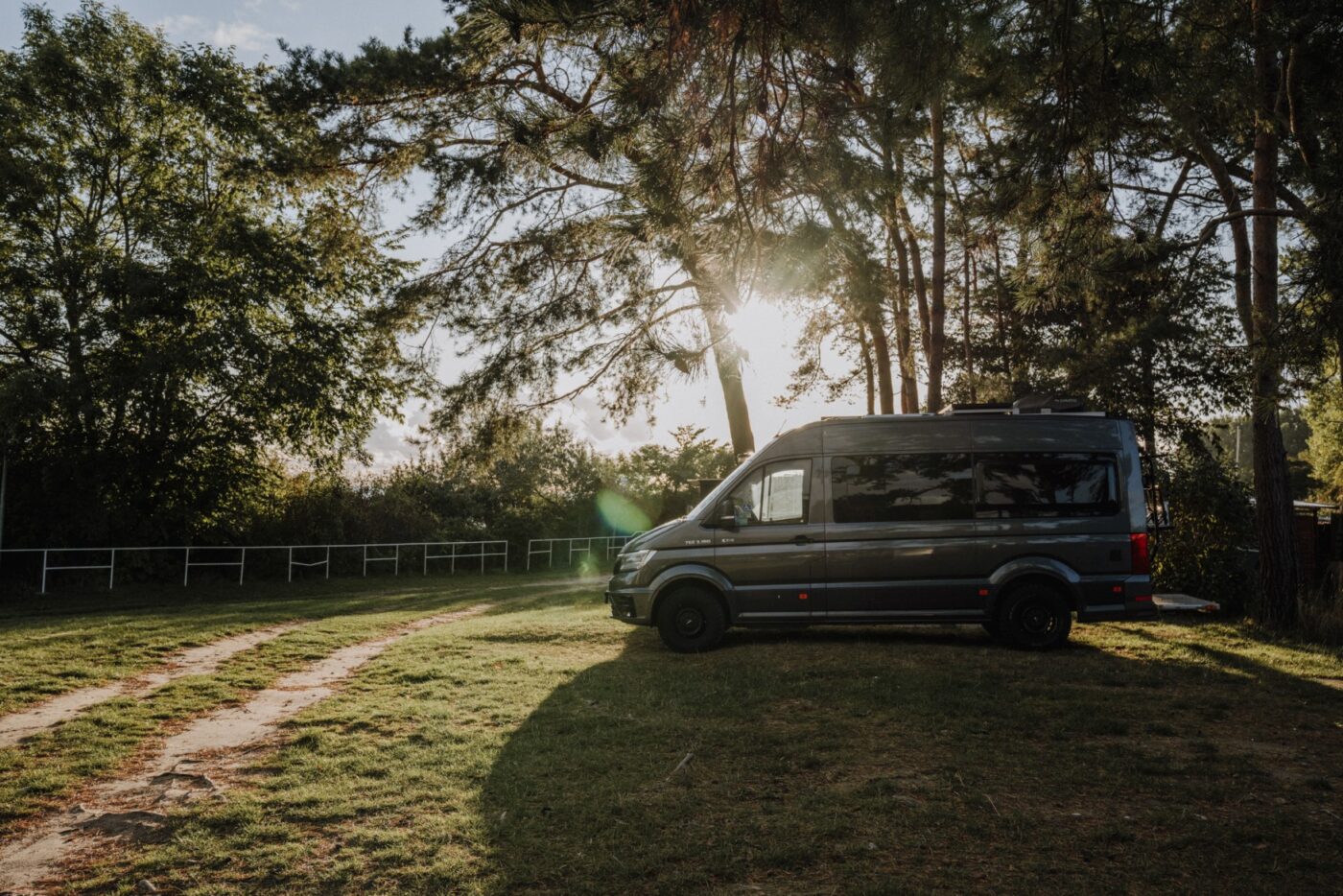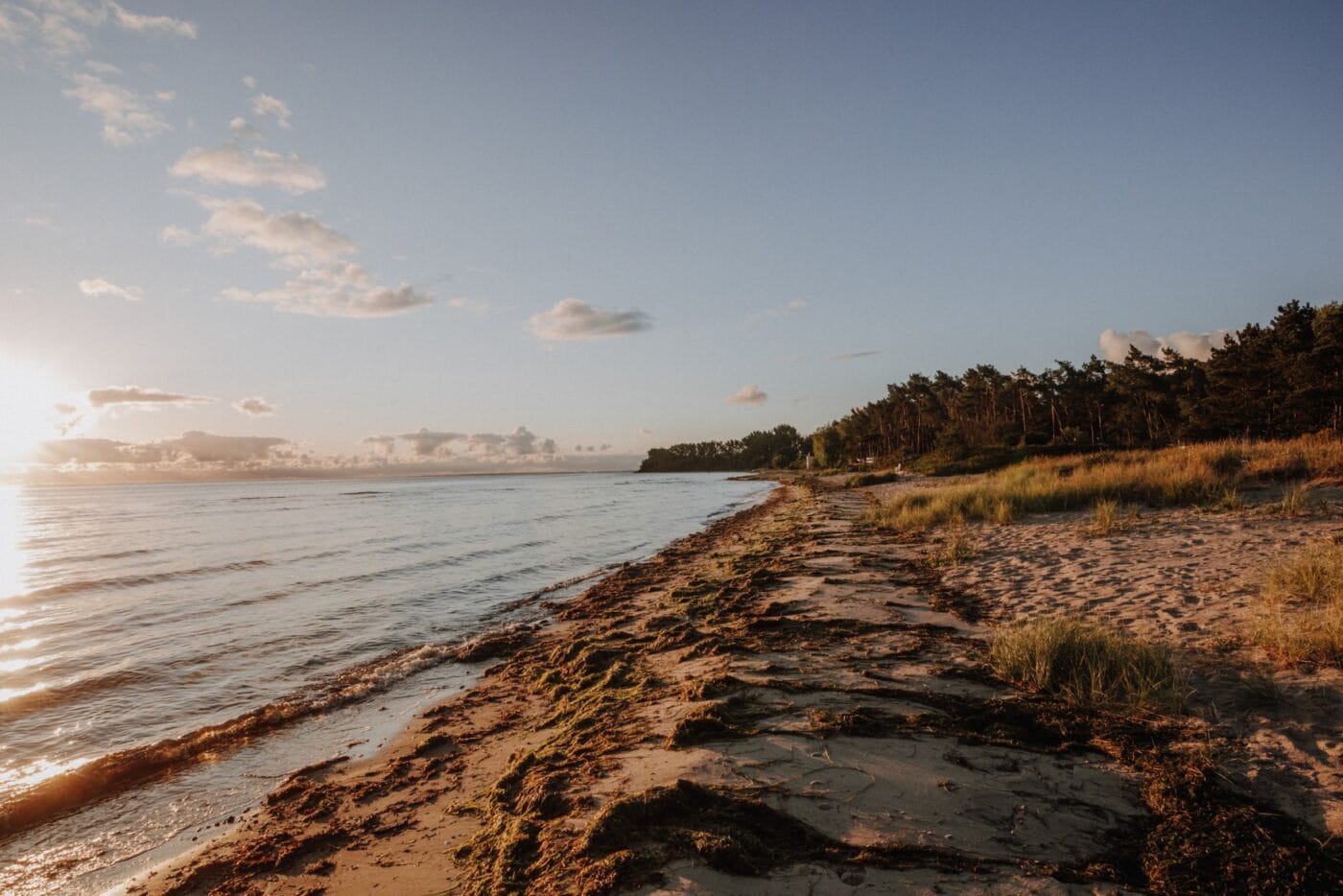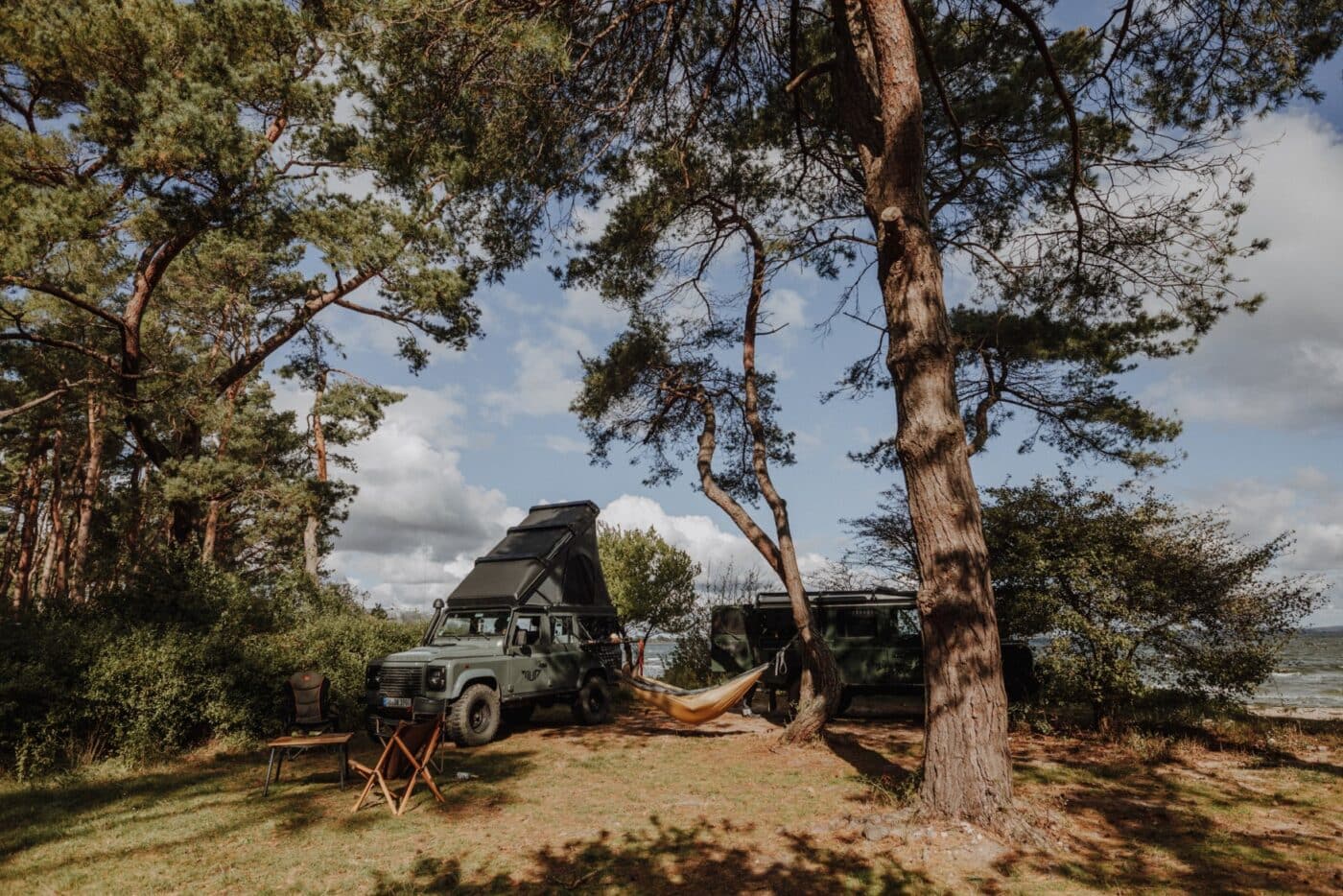Minimalism, freedom, and a dash of adventure—that’s what the van life spirit is all about. If you’re looking for the perfect spot to relax in nature, you now have two new feel-good places in Germany to add to your radar: Wildwood Camping has recently opened two camping sites in the Harz Mountains and on Rügen.
Wildwood Camping Harz: Little Canada in Germany
Deep into the woods: that’s what Wildwood Camping Harz feels like. The traditional “Waldweben” site has been lovingly modernized and is located in the middle of the Unesco World Heritage Site “Oberharzer Wasserregal”. Here you’ll find wild forests, countless lakes, and seemingly endless trails – perfect for hikers, mountain bikers, or simply relaxing in a hammock.
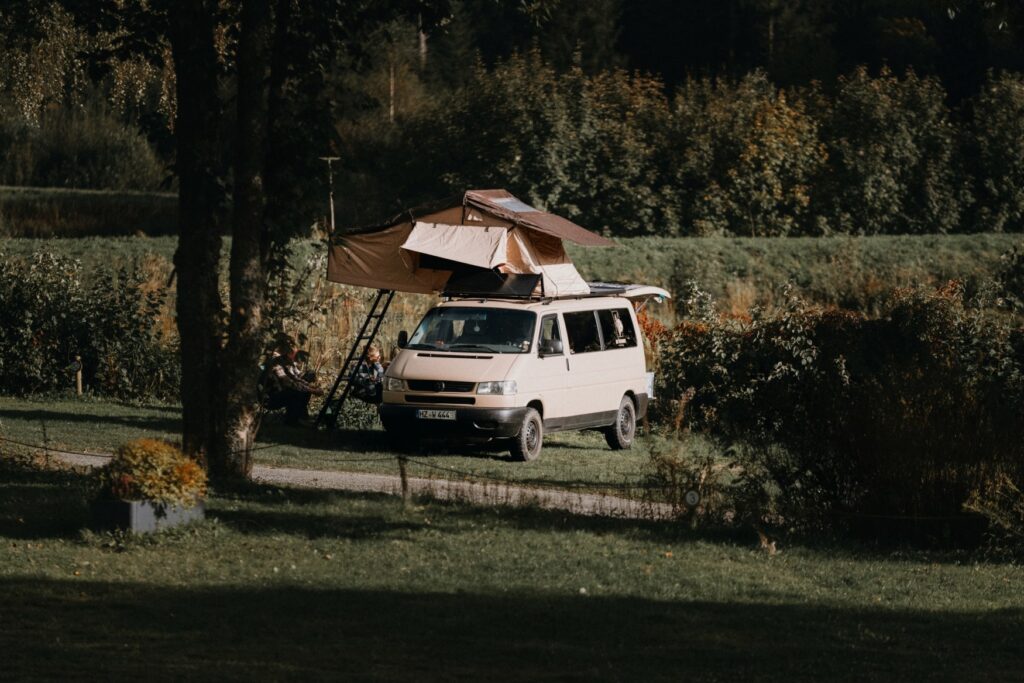
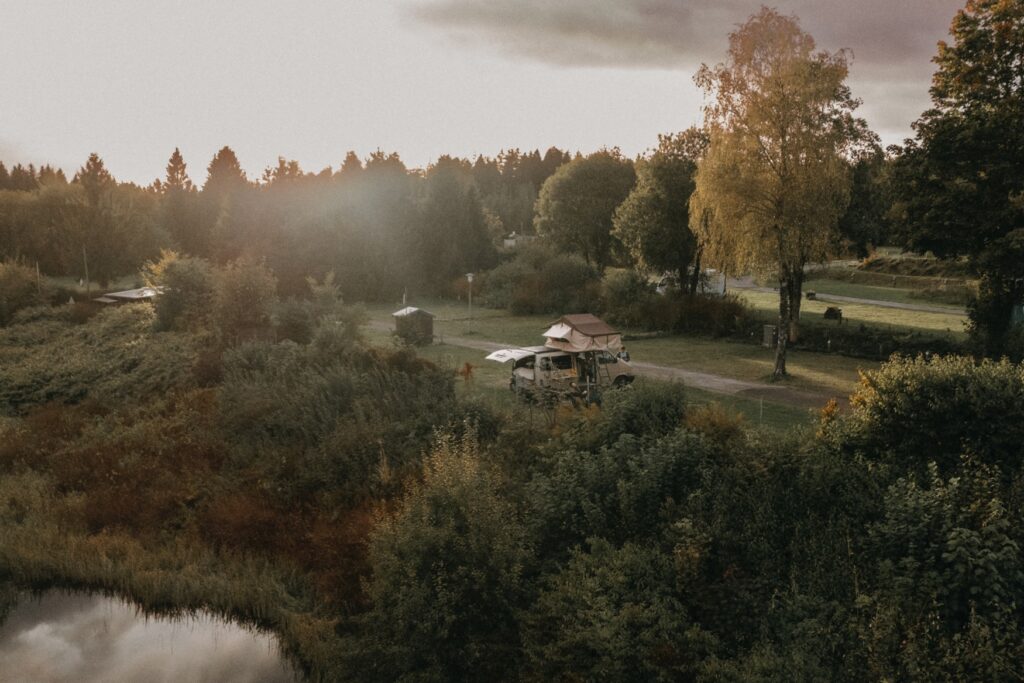
Winter-ready: Unlike many other campsites, Wildwood Harz is open all year round. Perfect for van lifers who also travel in the snow. And after a winter hike? Head to the crackling campfire or enjoy a hot tea in the clubhouse.
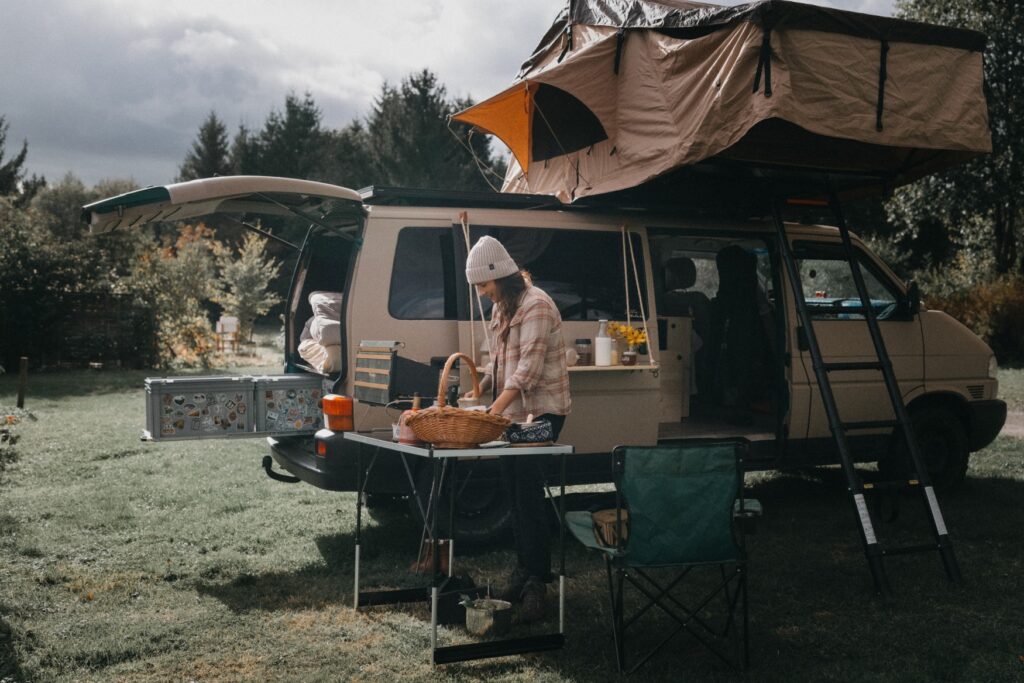
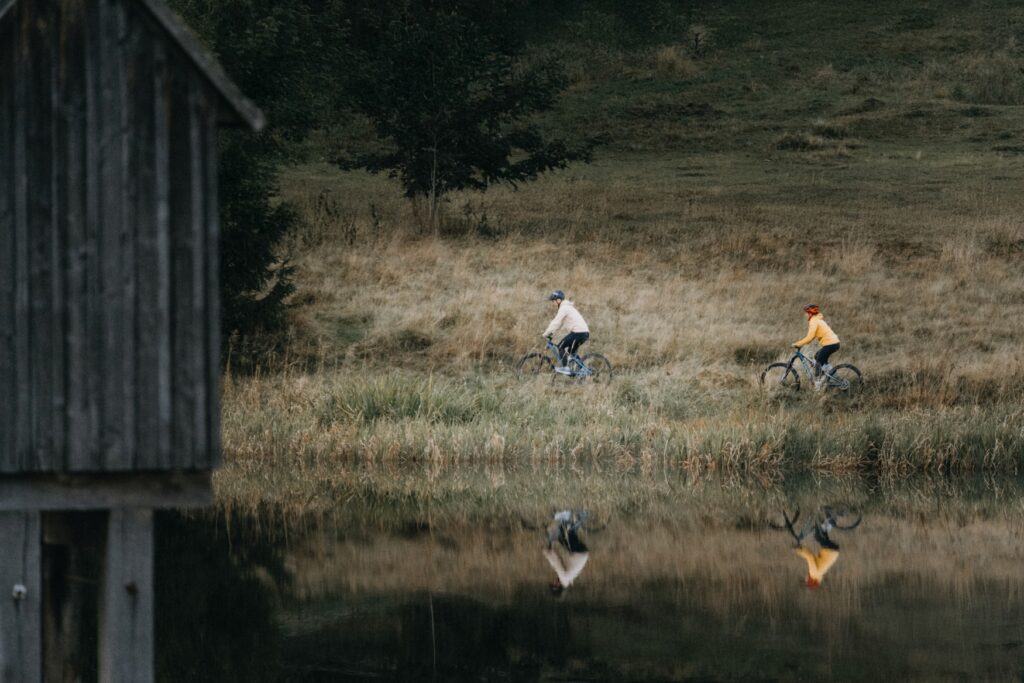
Back to nature – but with comfort: If you want to spend a night without a roof over your head, there are cozy cabins for rent next to the campsites. There is also a natural playground for little adventurers and modern sanitary facilities.
More info & booking: Wildwood Camping Harz
Wildwood Camping Rügen: Right by the sea, far away from the hustle and bustle
Van life with the sound of the sea: Wildwood Camping Rügen is located in the south of the island, surrounded by pristine beaches and protected coastal landscape. The journey there? Adventurous! Instead of traffic jams on the Rügen bridge, take the Glewitz ferry for a relaxed trip to this natural oasis.
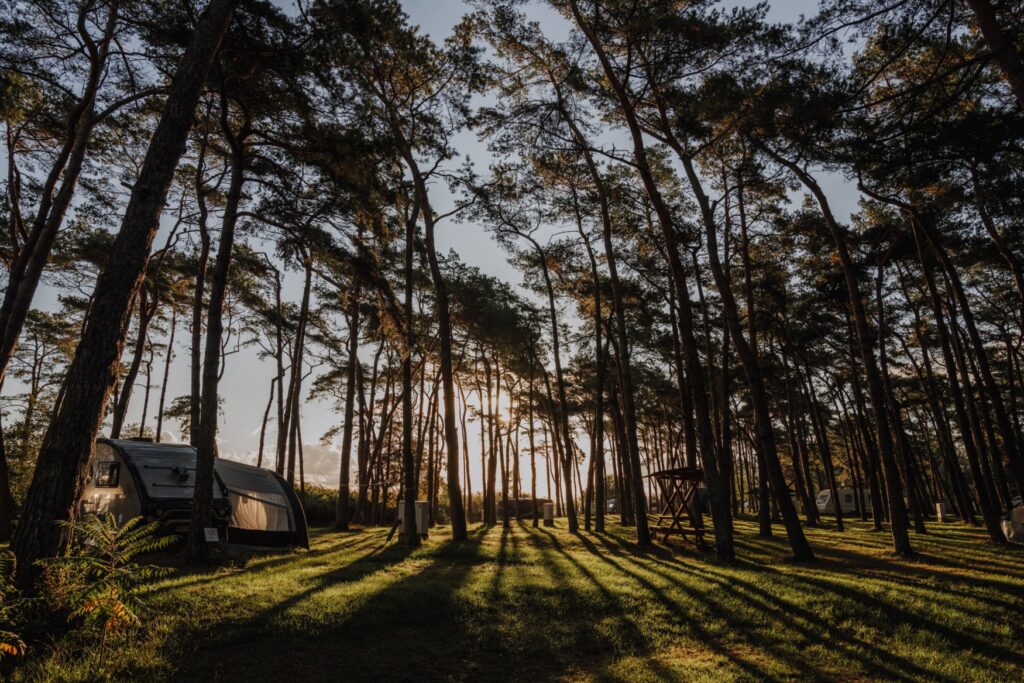
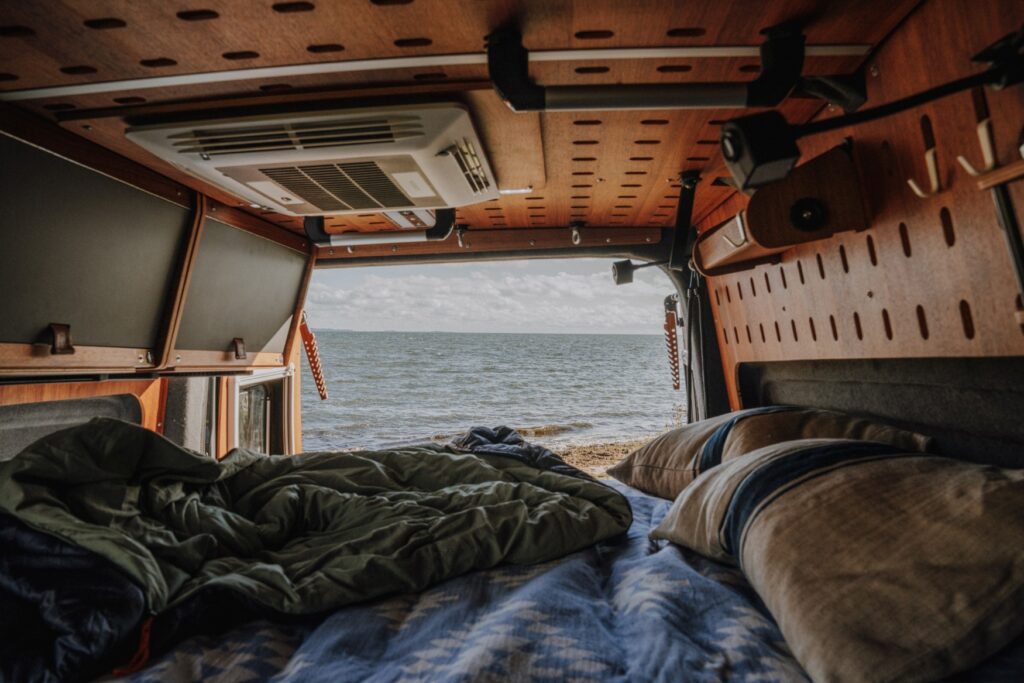
Beach vibes & slow travel: Step out of your sliding door onto the sand in the morning? No problem! With exclusive access to the Baltic Sea and the adjacent Greifswald nature reserve, this is the perfect spot for anyone who enjoys slow travel.
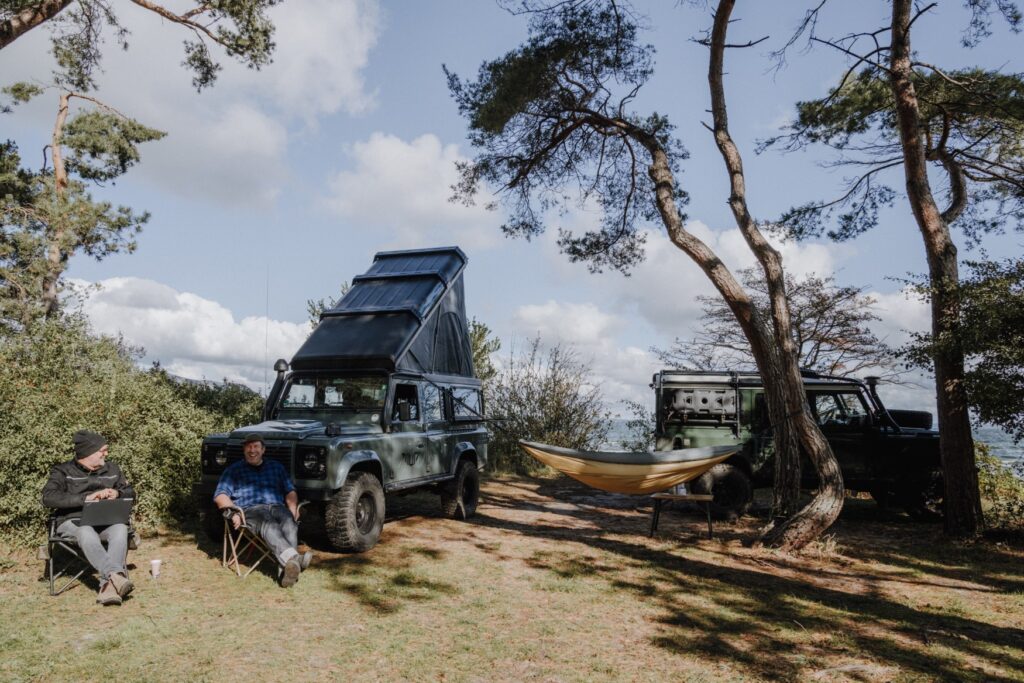
Campfires, pizza, and community: If you feel like some company in the evening, meet up at the Ooni pizza oven or enjoy a sundowner around the campfire. And if it rains? Head to the clubhouse with its fireplace, outdoor books, and board games.
More info & booking: Wildwood Camping Rügen
Wildwood Camping = nature, comfort, and van life vibes
Whether you prefer the mountains or the sea, both new Wildwood spots offer exactly what van life is all about: freedom, nature experiences, and a relaxed community. And the best part? Thanks to flexible cancellation policies, there’s plenty of room for spontaneous road trips.
1 Zählmarke



